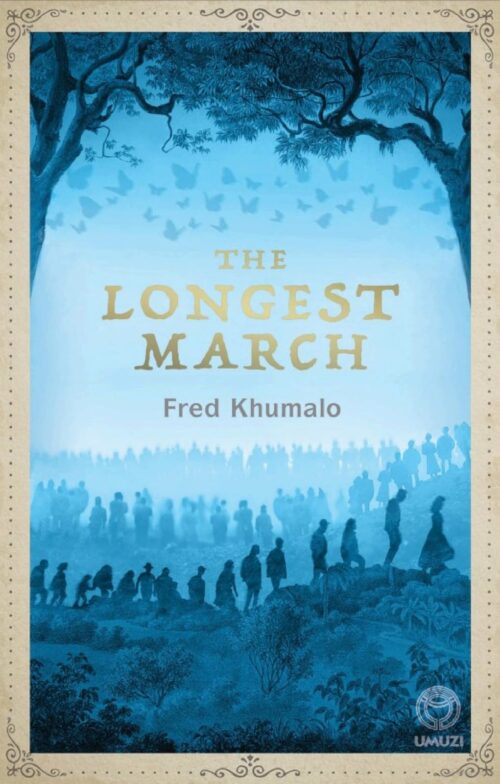By Duncan Mnisi
Book Review – Fred Khumalo’s novel The Longest March is a compelling narrative set against the tumultuous backdrop of South Africa’s history, capturing the resilience of ordinary people amid extraordinary circumstances.
Spanning more than a century, the story intricately weaves together the struggles of Zulu mineworkers, their love stories, and the societal upheavals that shape their lives.
The novel opens with a vivid depiction of the 1899 march, in which 7,000 Zulu miners traversed 500 kilometers from Johannesburg to Natal, embodying perseverance and determination. Khumalo masterfully immerses readers in the harsh realities faced by Filippa and Nduku, whose relationship is tested by war, displacement, and racial tensions.
Readers have expressed admiration for the way the book portrays internal conflicts within a society torn apart by colonialism and racism, highlighting themes of love, betrayal, and identity.
Critics and fans alike laud Khumalo’s ability to blend historical accuracy with emotional depth.
One reviewer on Goodreads commended the work for its sensitive handling of diverse themes such as homosexuality, tribal tensions, and religious conflicts.
The novel’s portrayal of internal struggles and societal pressures resonates deeply, making it both a historical account and a profoundly personal story.
The narrative is punctuated with moments of tenderness, humor, and heartbreak—particularly in the interactions between Filippa and Nduku, whose love endures despite societal disdain.
The depiction of the 1899 march, described as a “long, arduous journey,” symbolizes the resilience and hope of a people fighting for dignity and love against all odds.
Overall, The Longest March is a powerful tribute to perseverance and the human spirit. Khumalo’s storytelling is immersive and enlightening, shedding light on a turbulent chapter of South African history while emphasizing the universal themes of love, loyalty, and hope.






